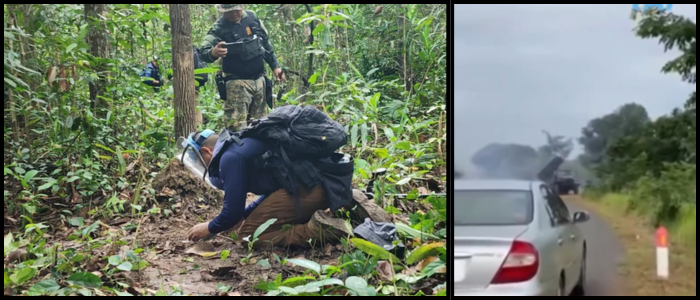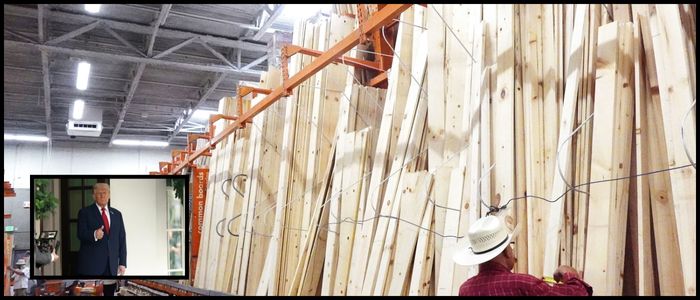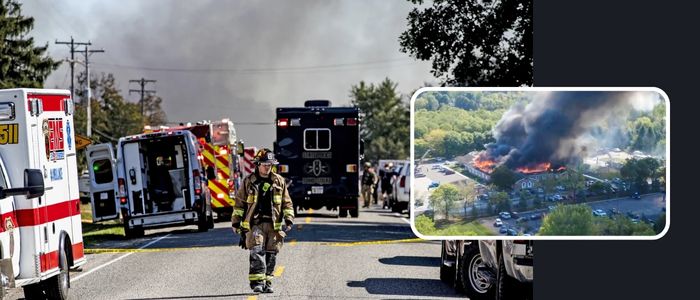Each country has accused the other of provoking the fighting on Thursday morning. Thai officials claimed that Cambodia used surveillance drones and fired artillery as well as BM21 rockets at Thai positions, but this was later met with counter-airstrikes. Meanwhile, Cambodia said Thai jets had bombed a road on its soil, and said this was a violation of its sovereignty and territorial integrity.
The Thai military said 6 F-16s took part in the bombings, which targeted two Cambodian military posts. Thailand's Ministry of Foreign Affairs cautioned that it was ready to step up its acts of self-defence if Cambodian attacks continued. The Cambodian Ministry of National Defence, nonetheless, accused Thailand of being "reckless and brutal," noting that its forces had acted in self-defence.
Diplomatic Breakdown and Civilian Impact
As the crisis escalated, Cambodian Prime Minister Hun Manet urged an immediate meeting of the United Nations Security Council, warning that the fighting endangers regional peace. Former Prime Minister Hun Sen chimed in, too, accusing Thailand of shelling its provinces, such as Oddar Meanchey and Preah Vihear, and calling on citizens to stay calm and not to stockpile food and necessities.
On the Thai side, the Ministry of Foreign Affairs said Cambodian forces had fired on civilian areas, including a hospital, killing several people. As the violence continued to increase, the Royal Embassy of Thailand in Phnom Penh called on their citizens to evacuate Cambodia, unless necessary.
As a measure of how very seriously the crisis is being taken, Thailand has brought home its ambassador from Cambodia and expelled Cambodia's ambassador in exchange. Diplomatic relations have been formally reduced to the lowest possible level between the two countries. Cambodia reacted by pulling all its diplomats out of the country and telling the Thai chargé d'affaires to go.
Cambodia has also restricted trade, preventing demand for fuel, gas, fruits and vegetables from Thailand. At the same time, border crossings have been closed, deepening the human and economic consequences of the fighting.
Longstanding Dispute and Rising Nationalism
Today's fighting is the worst to erupt there in at least two decades. Credit: EPA The current conflict dates back over a century, with both sides disputing some 817km (508 miles) of unmarked border, particularly near ancient temples. The latest crisis came after a string of events, including recent landmine explosions that wounded Thai soldiers. Thailand has said that Cambodia is laying new mines, but Cambodia has said they came from its civil war and were detonated when Thai troops stepped off agreed demarcation paths.
There is a rising tide of nationalism in both countries. Cambodia has also said that it will start conscripting its young men into the military beginning next year, and Thai officials have also stepped up patrols along the border. The latest flare-up is the most serious since deadly clashes in May, which left a Cambodian soldier dead.
China has also expressed concerns and urged dialogue while pledging to work for a de-escalation of the standoff. Beijing's embassy in Cambodia has also told its citizens to steer clear of places where "there may be armed conflicts."
As both sides gear up for more military engagement and bolster their positions, the fear is rising that the conflict could drag out and deepen -- unless swift diplomatic action is taken to defuse the situation.
Top

Thailand Bombs Cambodia as Border Conflict Escalates

Thai F-16 fighter jets bombed Cambodian targets after deadly shelling landed in Thailand, as tensions between the two countries threatened to ignite into broader conflict, with 12 people on the Thai side killed. The fighting near the contested Ta Moan Thom Temple, in Cambodia's Oddar Meanchey province, has incurred civilian casualties, military casualties and a sharp deterioration in diplomatic relations between the two Southeast Asian neighbours.











